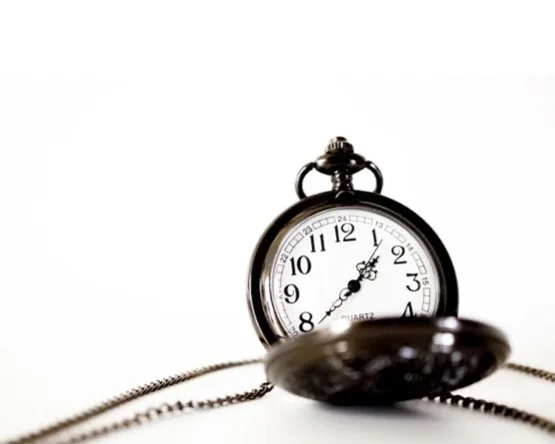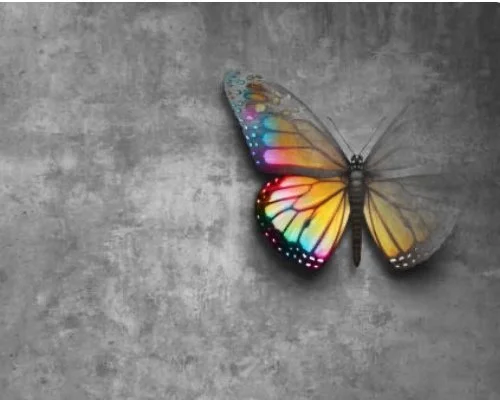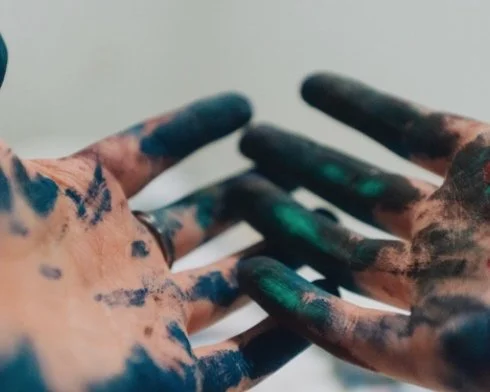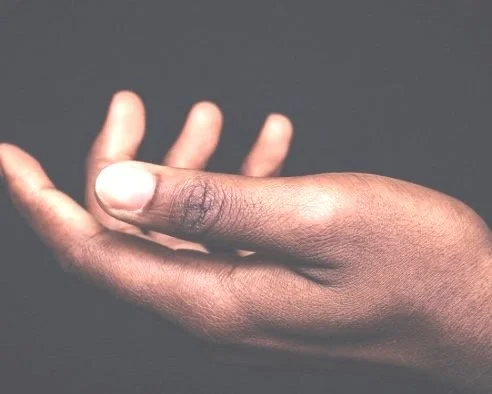Somatic release therapy is an approach that makes what’s happening within the body the central focus point. The goal of treatment is to locate physical tension and trauma being stored in the body, and then work to release it.
What Are the Differences Between Hypnosis and EMDR?
Equine Assisted Therapy- A Deeper Approach to Healing
For many, healing can feel like an uphill battle—especially when trauma or anxiety keeps the nervous system stuck in a constant state of distress. Traditional talk therapy can be a powerful tool, but sometimes healing requires more than words. This is where equine-assisted therapy offers something unique: an opportunity to reconnect with yourself, regulate your nervous system, and experience profound healing through the presence of horses.
Why Horses?
Horses are incredibly attuned to the emotions and nervous systems of those around them. As prey animals, their survival depends on their ability to read nonverbal cues, making them masters of emotional regulation and authenticity. They are highly aware and attuned to their environment, constantly assessing the energy and intentions of those nearby. When we interact with horses in a therapeutic setting, they respond to our energy, emotions, and body language—offering real-time feedback that helps us become more aware of what’s happening within us.
Horses also encourage authenticity and congruency between our internal world and external world. If we are feeling one way internally but presenting something different outwardly, horses pick up on this incongruence and respond accordingly. This feedback helps us align with our true emotions, fostering self-awareness and deeper healing.
Unlike humans, horses don’t judge. They don’t care about our past mistakes, our worries about the future, or the stories we tell ourselves. They meet us where we are, in the present moment, and invite us to do the same. This can be profoundly healing for those struggling with anxiety, PTSD, or emotional disconnection.
A Personal Journey of Healing
My journey with equine-assisted therapy is deeply personal. I grew up riding horses competitively, but the pressures of performance and a series of injuries left me disconnected—from my body, my peers, and even my love for horses. Chronic pain, anxiety, and depression took hold, and I struggled to find my way back to myself.
It wasn’t until I reconnected with horses outside of competition that I truly began to heal. In their presence, I didn’t have to perform or prove anything. I could just be. This experience allowed me to regain trust in my body, process deep emotional wounds, and ultimately rediscover my authentic self. Now, as a therapist, I help others experience the same healing through equine-assisted therapy.
How Equine-Assisted Therapy Supports Trauma and Anxiety Recovery
Equine-assisted therapy works by engaging both the body and mind in the healing process. Trauma often lives in the body, and anxiety keeps us stuck in our heads. Horses help bridge that gap by:
Regulating the Nervous System: Being around horses naturally encourages a shift out of fight-or-flight mode and into a calmer, more regulated state.
Building Emotional Awareness: Horses mirror our internal experiences, helping us recognize and process emotions we may not have words for.
Encouraging Mindfulness: Interacting with horses requires presence, helping to break cycles of anxious thoughts and ground us in the moment.
Restoring Trust and Connection: Many who have experienced trauma struggle with trust—both in others and themselves. Horses offer a safe, nonjudgmental space to rebuild that trust.
Learn More
If you or someone you love is struggling with trauma, anxiety, or emotional disconnection, equine-assisted therapy may be a powerful tool in the healing process. To learn more about how this approach works and whether it’s the right fit for you, please reach out for a free consultation. Healing is possible, and sometimes, the best guide on that journey is a horse.
What Are EMDR Intensives?
5 Positive Ways to Respond When Someone Shares Their Trauma With You
Signs You May be Experiencing Existential Anxiety
Existential anxiety is a unique form of psychological distress surrounding the meaning of life and your significance. It can cause a persistent feeling of uneasiness, which can greatly impact your day-to-day functioning. This anxiety can affect people across all cultures and generations. How it affects each person may be slightly different, but many of the symptoms follow a common theme.
Trauma Reaction; Is it Different for Men and Women?
Can Hyper-Independence be a Trauma Response?
What Are Thought Traps and How Do They Keep You Stuck in Anxiety?
5 Positive Steps to Take After a Bipolar Diagnosis
Post-Traumatic Growth: A Realistic View of Positive Changes
The Connection Between ADHD and PTSD
C-PTSD: What it is and How it’s Treated
What are Art-Based Methods of Anxiety Treatment?
Art-based therapy is an alternative method to treating mental health conditions and psychological disorders. Artistic activities can enhance well-being and foster a state of healing from anxiety and stress. When you tap into creative areas of the brain, it can offer new outlets and pathways to promote healing.
How to Be an Effective LGBTQIA+ Ally
5 Meditation Methods to Manage Anxiety
Can Somatic Therapy and EMDR be Used Together?
Is Somatic Therapy Evidence-Based?
Somatic therapy is not a new technique, but there is an evolving understanding of how it works. Studies have indicated that somatic therapy, as a holistic approach, has neurological and psychological benefits. Research indicates that somatic therapies like Somatic Experiencing can help individuals process and integrate traumatic memories.




















